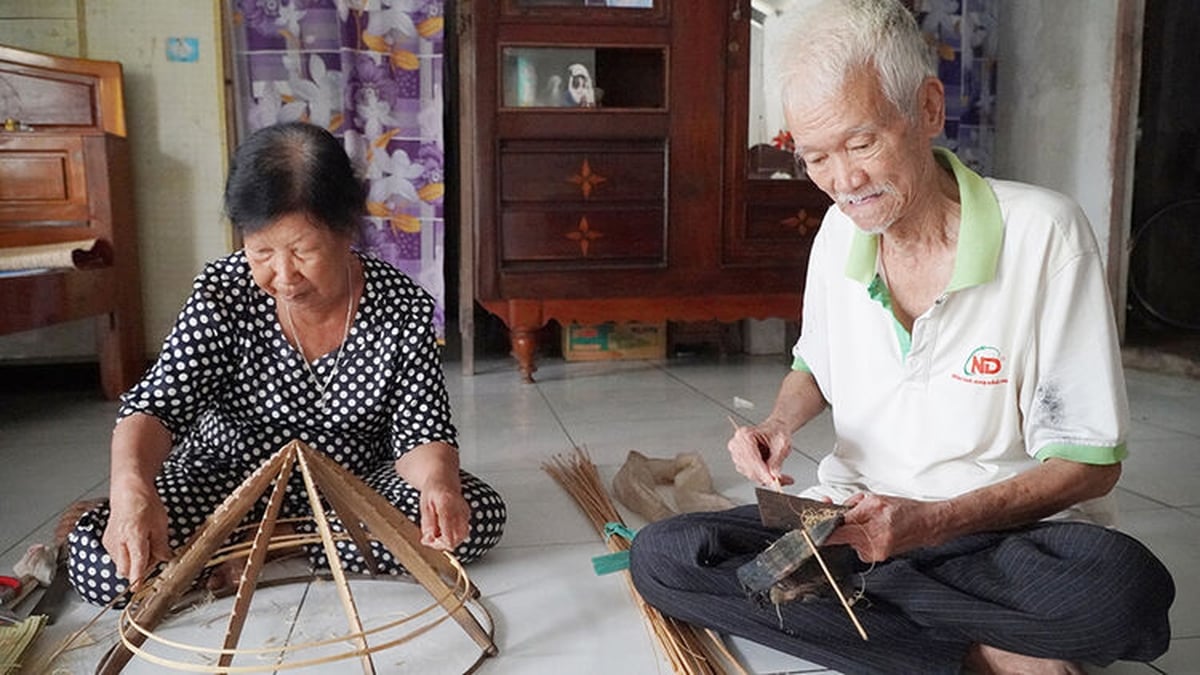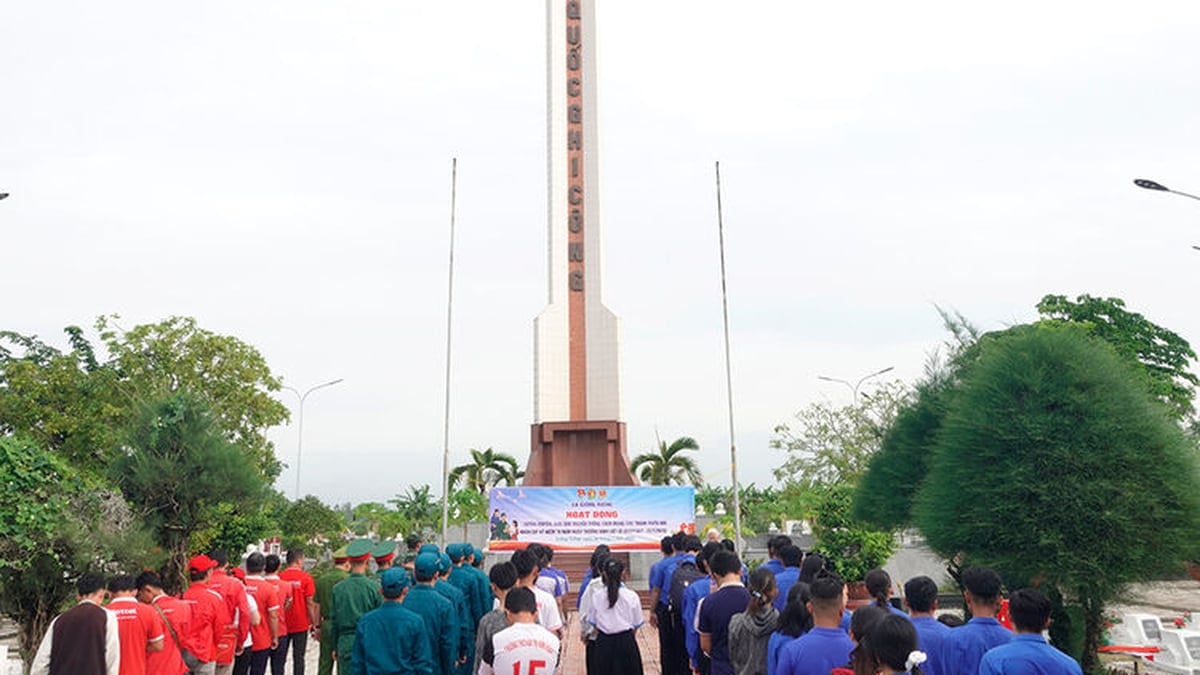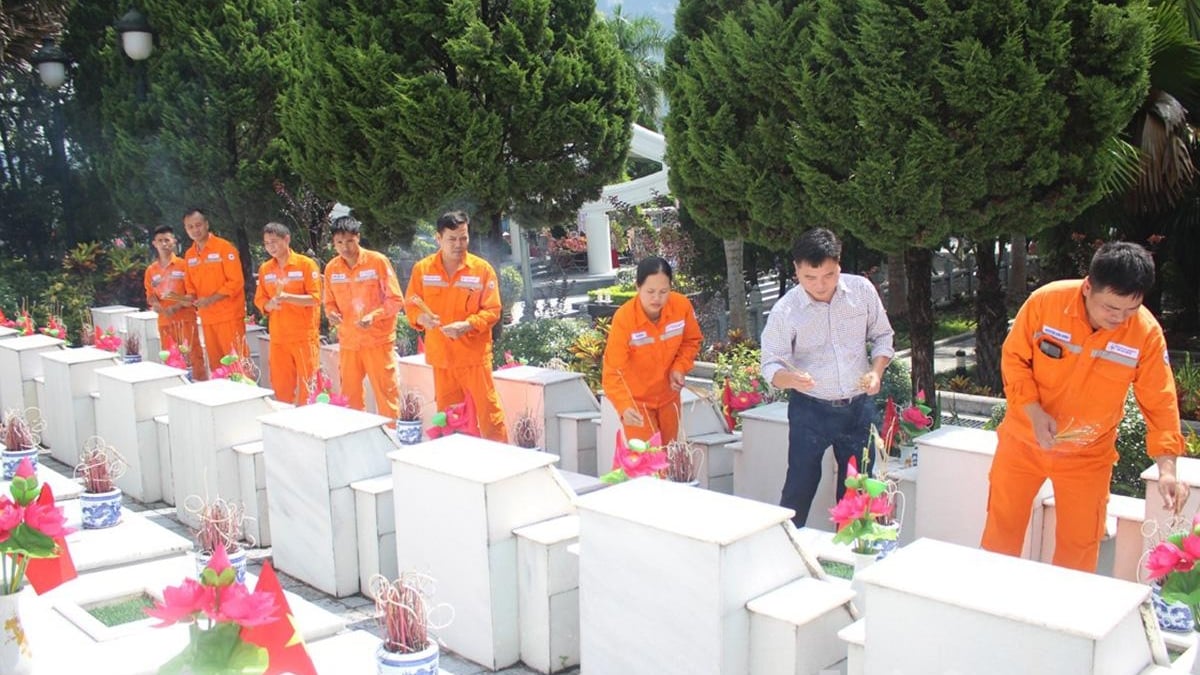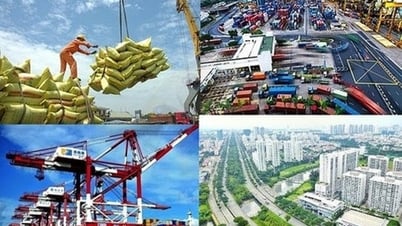Big impact but takes time
KRX was designed by the Korea Exchange and signed in 2012 but was delayed for many reasons. By 2021, in the trend of market liquidity exploding due to the skyrocketing number of investors, the old system was seriously congested, the KRX project was pushed to be put into operation.
Compared to the current system which is based on old technology, KRX is superior in both operational scale and technology. This system helps investors trade odd lots on a separate board and buy and sell securities within the day (T+0), opening up opportunities to increase liquidity and attract strong capital flows.
Therefore, according to experts, the official operation of the KRX system is expected to create a premise to solve bottlenecks, moving towards upgrading the market from marginal to emerging.

KRX started operating on May 5 and is considered a positive signal for the market and stock investors. (Illustration photo).
Mr. Nguyen Viet Quang, Business Director of Yuanta Securities Vietnam, commented: “The successful operation of KRX will open a new phase for the market with products expected to be deployed in the future: Day-trading (a form of intraday securities trading, meaning investors will buy and sell stocks on the same day); short selling, options, selling securities waiting to return...
This is a premise towards the goal of upgrading the Vietnamese stock market in 2025 as set by the Government ."
According to Mr. Quang, although the implementation of KRX is not a direct condition for FTSE Russell to evaluate the upgrade, this will be an important step forward, creating a solid foundation for applying the Central Clearing Counterparty (CCP) model.
Accordingly, the implementation of CCP not only contributes to solving payment problems but is also an important factor proposed by rating organizations. Upgrading to emerging market status will open up opportunities to attract large capital flows from international investment funds, enhancing the position of Vietnamese securities.
Similarly, Mr. Dinh Quang Hinh - Head of Macro and Market Strategy Department, VnDirect Securities Joint Stock Company - also said that the official implementation of the KRX system from today will bring many new expectations to the market, opening up space to develop new products as well as aiming to upgrade the Vietnamese stock market to an emerging market.
" The new system will bring faster and smoother transactions. In addition, KRX will have enough capacity for the management agency to issue new products, especially for the derivatives market because the current derivatives market still has very few products ," said Mr. Hinh.
However, Mr. Hinh still recommends that investors continue to hold stocks with a moderate proportion, prioritizing industry groups with positive first quarter results and positive prospects in the second quarter such as banking, retail, seafood, electricity and public investment...
Note that the use of leverage is still not recommended in the current period when market volatility is still high due to the tariff risk that is not yet fully controlled.
Meanwhile, Mr. Nguyen The Minh - Director of Analysis at Yuanta Vietnam Securities Company - expressed his opinion that the KRX system also needs time to operate stably. In the short term, market liquidity may not record a clear improvement, because investors need time to get used to the new system, but in the long term, liquidity can be strongly promoted.
With foreign capital, the operation of KRX will contribute to creating more favorable conditions for foreign investors when they want to participate in the Vietnamese stock market. Of course, the change in foreign capital flow is unlikely to happen in the short term.
“Although it does not create an immediate breakthrough, when KRX comes into operation, it will create safety for the market,” said Mr. Minh.
How are stocks after the holidays?
According to Mr. Dinh Quang Hinh, the Vietnamese stock market has just experienced a volatile trading week when the VN-Index fell to its lowest point of 1,137 points, but then recovered.
In the last session before the April 30 holiday, VN-Index decreased by 0.5 points (-0.04%), to 1,226.3 points; HNX-Index increased by 0.49 points (+0.23%), to 221.94 points; UpCoM-Index increased by 0.17 points (+0.19%), to 92.42 points.
“After the holiday, we expect the index to retest the 1,240 - 1,241 point level and if it surpasses it, it will head towards the 1,260 - 1,270 point range. I reiterate my positive assessment of the business results of listed companies in the first quarter of this year, which will be an important support for the stock market in the short term,” said Mr. Hinh.
Sharing the same view, Mr. Nguyen The Minh predicted that in the history of Vietnam's stock market, after the April 30 - May 1 holiday, the market usually moves sideways with low liquidity. However, in the current context, the market is showing positive signs of growth, although there may be fluctuations within a narrow range and not evenly across all stock groups.
According to Mr. Minh, Vietnam's stock market has also been affected by the US tariff policy in recent times and the market has now regained balance.
“Therefore, after the holiday, I think the stock market will not fall sharply. Most stock groups are in the process of gradual recovery and will differentiate again. However, there will not be a strong explosion like before,” said Mr. Minh.
Regarding the selection of which group of stocks to invest in after the holidays, Mr. Minh said that investors should restructure their portfolio so that the proportion of stocks is still high but in the direction of reducing the pressure on the group of stocks directly affected by tariffs. Although we have high hopes of reaching an agreement, it is difficult to say when nothing is clear. Therefore, investors need to reduce the proportion of this group of stocks to reduce risks.
“Along with that, investors should look for stock groups that are less affected by tariff policies such as banking, securities, public investment, real estate or domestic consumption, food groups... to prevent possible scenarios.
In addition, the use of leverage must be moderate, especially for investors with large investment values to prevent possible strong fluctuations. A portion of assets should be allocated to defensive investment portfolios such as deposits, bonds or possibly buying some gold to avoid being affected by information shocks," Mr. Minh recommended.
Source: https://vtcnews.vn/krx-van-hanh-tu-hom-nay-sau-13-nam-thi-truong-chung-khoan-co-bung-no-ar939900.html


































































![[Photo] National Assembly Chairman Tran Thanh Man receives Chairman of Morocco-Vietnam Friendship Association](https://vphoto.vietnam.vn/thumb/402x226/vietnam/resource/IMAGE/2025/7/26/b5fb486562044db9a5e95efb6dc6a263)


































Comment (0)